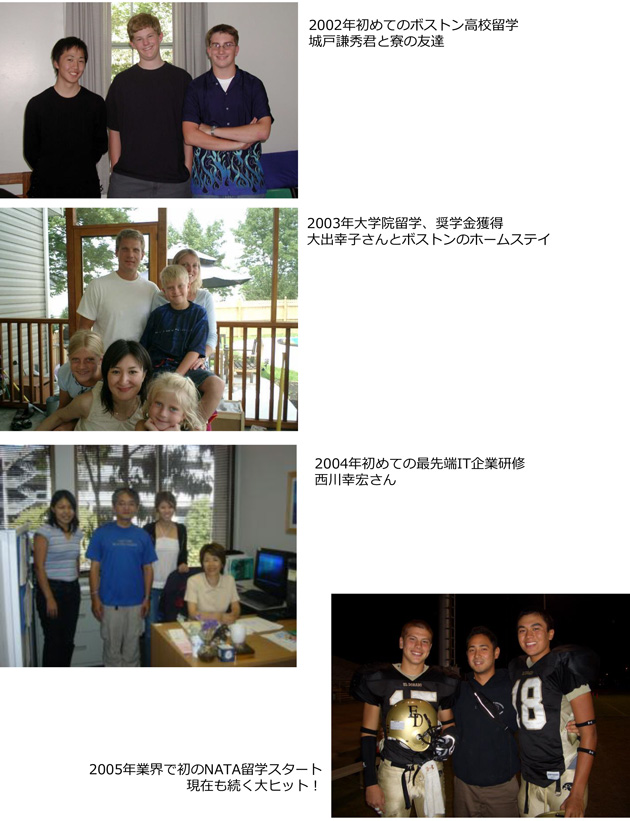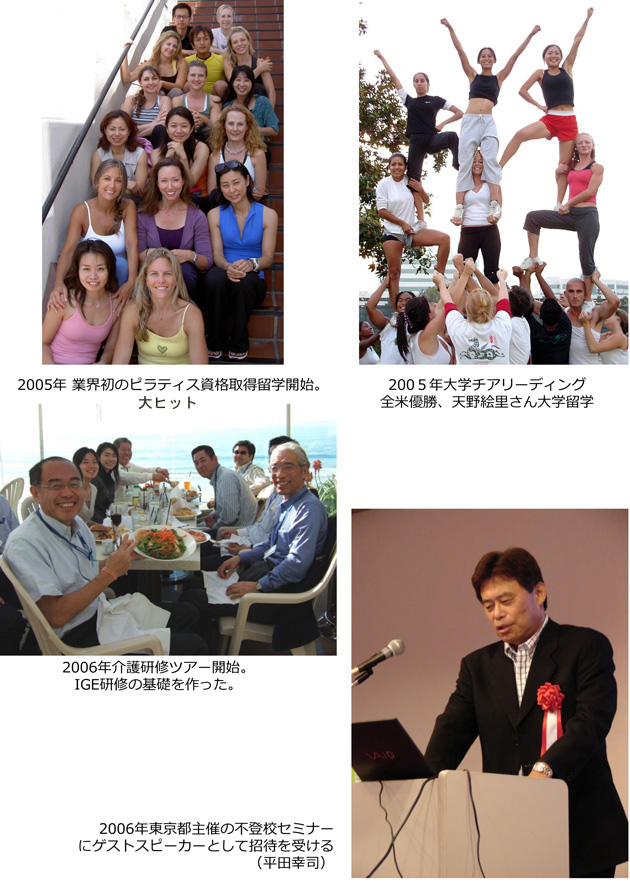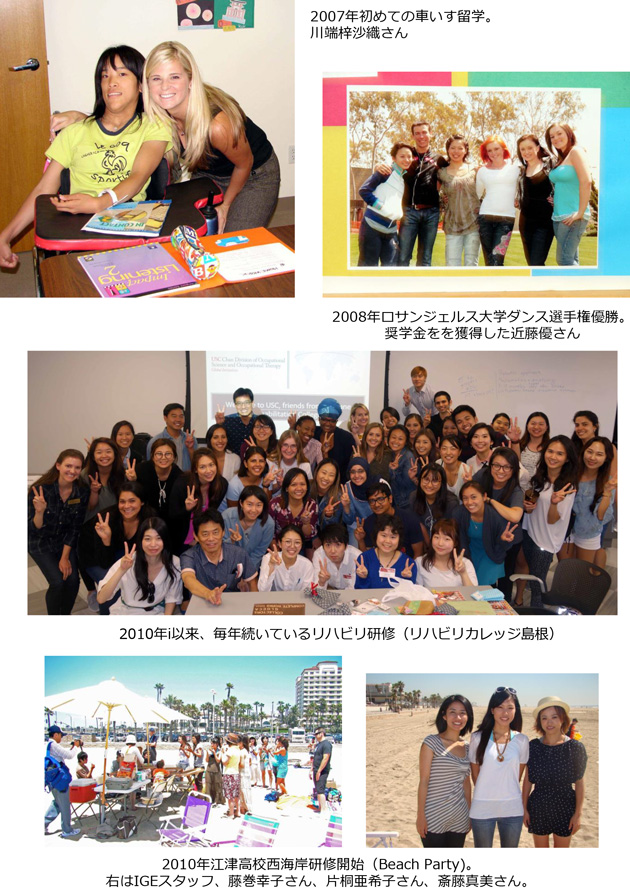Relative clauses (adjective clauses) act like adjectives because they modify nouns and pronouns in sentences. They begin with a relative pronoun (who, whom, whose, that, which) or relative adverb (when, where, why).
Who/whom refers to people.? In informal language, who is often used instead of whom. Which/that refers to things. When used for people, that is considered informal. Within relative clauses, relative pronouns and relative adverbs can act as a subject, object, or object of a preposition.
a) Sentences with subject pronouns:
People who sell houses are realtors. (People are realtors. They sell houses.)
I like winter sports that are challenging. (I like winter sports. They're challenging.)
Every year, Tom makes New Year resolutions, which always seem unrealistic. (Tom makes New Year resolutions. They seem unrealistic.)
In the above sentences, relative pronouns are the subject of the clause.
b) Sentences with object pronouns:
The girl whom/who he met recently is talented. (The girl is talented. He met her recently.)
I always celebrate New Year with friends whom/who I've known for a long time. (I celebrate New Year with friends. I've known them for a long time.
The book that I bought yesterday is interesting. (The book is interesting. I bought it yesterday.)
The lecture, which I attended last week, was boring. (The lecture was boring. I attended it last week.)
Mary, whose humor I appreciate, is my classmate. (Mary is my classmate. I appreciate her humor.)
In the above sentences, relative pronouns are the object of the clause.
c) Sentences with pronouns as the object of a preposition:
The person with whom I go skiing is my best friend. The person who I go skiing with is my best friend. (The person is my best friend. I go skiing with him.)
He experienced a loss from which he can't recover. He experienced a loss which he can't recover from. (He experienced a loss. He can't recover from it.)
In formal written English, the preposition should go before the object pronoun.
d) Sentences with relative adverbs:
He enjoys parties where he meets many new people. (He enjoys parties. He meets many new people at parties.) Where is used instead of at which.
I prefer skiing in January, when there is a lot of snow. (I prefer skiing. There is a lot snow in January.) When is used instead of in which.
The reason why she declined an invitation was her busy schedule. (She declined an invitation. The reason was her busy schedule.) Why replaced for which.
In the above sentences, relative adverbs replace prepositional phrases of place (where), time (when), and reason (why).








